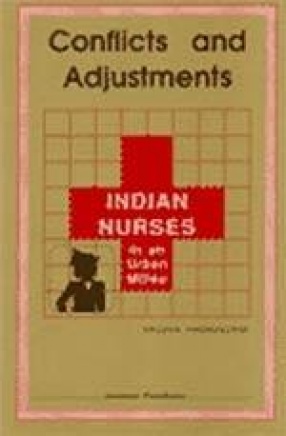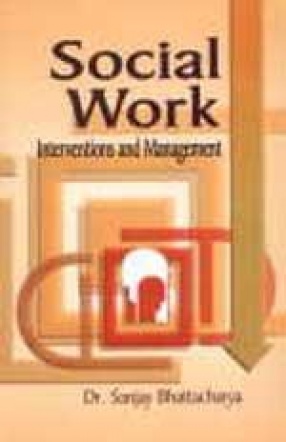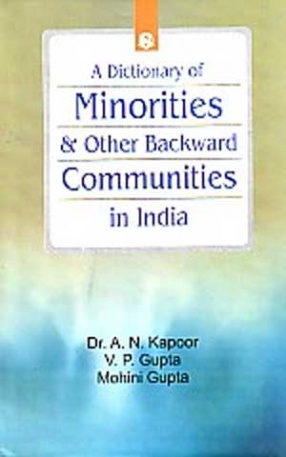Studies in Social Anthropology in India have, by and Large, concerned themselves with original traditional groups with identifiable cultural norms in non-urban settings. But with more and more urban development on the one hand and an awareness of the need to understand and improve the status of women on the other, nurses emerge as an important identifiable group in an urban setting. NURSES, thus, provide an ideal study group where it is Possible to discern rural-urban traits within a constant mix of traditional and modern values. Moreover, in any effort to improve the status of women, one cannot fail to identify nurses as an important social group requiring attention. This study investigates the many conflicts that nurses face in their transformation from traditional upbringing to a modern occupation in an urban milieu and, in particular, examines the conflicts that emerge from the low status accorded to their profession. Based on a Purposive sample of nurses in a metropolitan hospital (New Delhi), the study points out that the low status accorded to the nursing profession in India cannot be simply explained in terms of the western concepts of antecedents, investment of the network of resources, the complex phenomena of role structures or the functional variables; rather, it is a sex based inequality derived from the deep rooted Hindu Philosophy practising traditional hierarchy. Females are assigned the role of service to the men of their family. The author observes that, among other factors, the low prestige of the profession is explainable in terms of the traditional Guna theory which forms an integral part of the Sankhya System of Hindu Philosphy. Menial service has been assigned the lowest evaluation under this system and hence had been classified under Tamasic Guna. Under the traditional hierarchy also women are assigned the service role. The nursing profession, being female dominated and dealing with bodily impurities, is accorded a low status. The study comes out with specific suggestions for improving the status and professional life of nurses who form an indispensable group in the modern society. The NURSING PROFESSION serves an important social need. The efficiency of the service rendered by the profession depends to a large extent on the care given to the personnel. There is every need for improvement. A policy directed towards the betterment of any profession or group which feels deprived of its due legitimate social and economic status requires constant rethinking, imagination and the will and willingness to push through conscious priorities.
Conflicts and Adjustments: Indian Nurses in Urban Milieu
In stock
Free & Quick Delivery Worldwide
reviews
Bibliographic information
Title
Conflicts and Adjustments: Indian Nurses in Urban Milieu
Author
Edition
1st ed.
Publisher
ISBN
8171880002
Length
292p.
Subjects





There are no reviews yet.